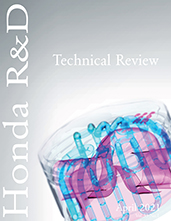Training / Education
Model-based Development of Embedded Software in Compliance with ISO 26262 – Challenges and Effective Solutions
This training class describes how to develop and safeguard safety critical embedded software in serial projects with Simulink in compliance with ISO 26262 (part 6). Beginning with a general overview of the ISO standard, we proceed by focusing on the ISO 26262 requirements that are specifically relevant to model based development. We address the impact the standard has had on model-based development with Simulink, as well as the requirements for model and software architecture in safety critical software. We also look at modeling guidelines and testing before wrapping up the class by assessing ISO 26262 readiness of controller functions.


